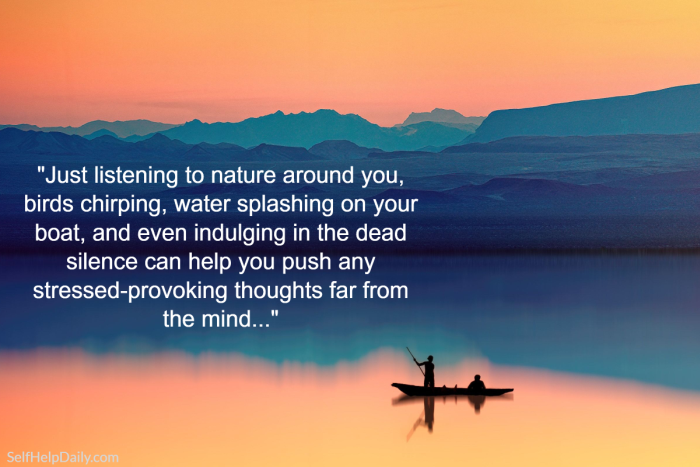It’s Always the Right Time to Reach Out and Help Others
While many things are returning to normal in many parts of the world, none of us are completely back to normal. In fact, for a lot of people, normal may look, sound, smell, and certainly feel different for quite a while.
Maybe forever.
Before you let that make you frown, realize that not all change is bad. In fact, some change can be a very good, positive thing.
What if we all come out of this pandemic more willing to reach out and help others than we have ever been willing before? What if the consideration and concern for our neighbors (very near and very far) that we’ve experienced and displayed lasts… well… forever?
I for one certainly hope so!
I have a great deal of correspondence with others through my e-mail and social media. I have noticed over the past year more of us are apt to sign off with things such as…
- Stay Safe!
- Be Well!
- Best Wishes to You and Your Family!
- Etc..
I also notice many greetings begin with..
- I hope you’re well…
- I hope you’re safe…
- I hope you and your loved ones are well…
It didn’t used to be like this.
When I’m in stores and restaurants (still riding an emotional high that my favorite Mexican restaurant weathered this storm and is open for business!), I see people smiling at one another these days – the warm smiles aren’t just reserved for babies anymore! People seem to genuinely care for others post-pandemic than they did pre-pandemic and that’s something I very, very, VERY much sticks around.
Many people are struggling today – more, perhaps, than ever before. The pandemic introduced a lot of unpleasantness into our lives. Some unpleasantness we could SEE – lockdowns, less family visits, less income, arguments with family members who view the virus differently than we do, and a total upheaval in our daily lives. Other unpleasantnesses couldn’t be seen, but my goodness are they ever felt.
- the anxiety that comes with coming face to face with your own vulnerability
- stress from seeing, daily, others sick and suffering
- being more aware of death than ever before… I mean, we were given daily numbers!
- arguments within families due to more stress
- broken relationships because of other’s views on the virus, masks, and vaccines
Make no mistake about it, this pandemic left its vile fingerprints on all of our lives.
It’s worth remembering that you don’t have to always be strong. You can cry when you darn well feel like crying! It’s okay to feel scared and I’m giving you permission to feel angry about the whole thing. Feel the emotions you want to feel and make no attempt to tell others how to deal with their feelings. We all cope differently and we all heal differently.
Finally, I’d love to encourage everyone to reach out and help others in any way possible. If you know someone who seems to have the weight of the world on their shoulders, either ask them what you can do to make the load lighter or (perhaps even better) step up and do something for them that helps lighten their load.
Ideas include mowing their lawn, giving them a gift card to their favorite restaurant (this way you help them and the restaurant), offering to watch their child/children while they treat themselves to a day out. Simply showing up to their house with a Starbucks drink for you and a Starbucks drink for them and sitting to talk with them for an hour may be just the tonic they (and you!) need.
Many are dealing with anxiety, stress, depression, and other emotional and mental strains right now. If you can be a blessing to someone, please don’t hesitate to do so. You may give them exactly what they needed to hang in there and keep fighting.
As a bonus, helping others makes you feel so good!
Stay strong, stay well, and stay safe. I truly care about each and every one of you. ~ Joi (“Joy”)





